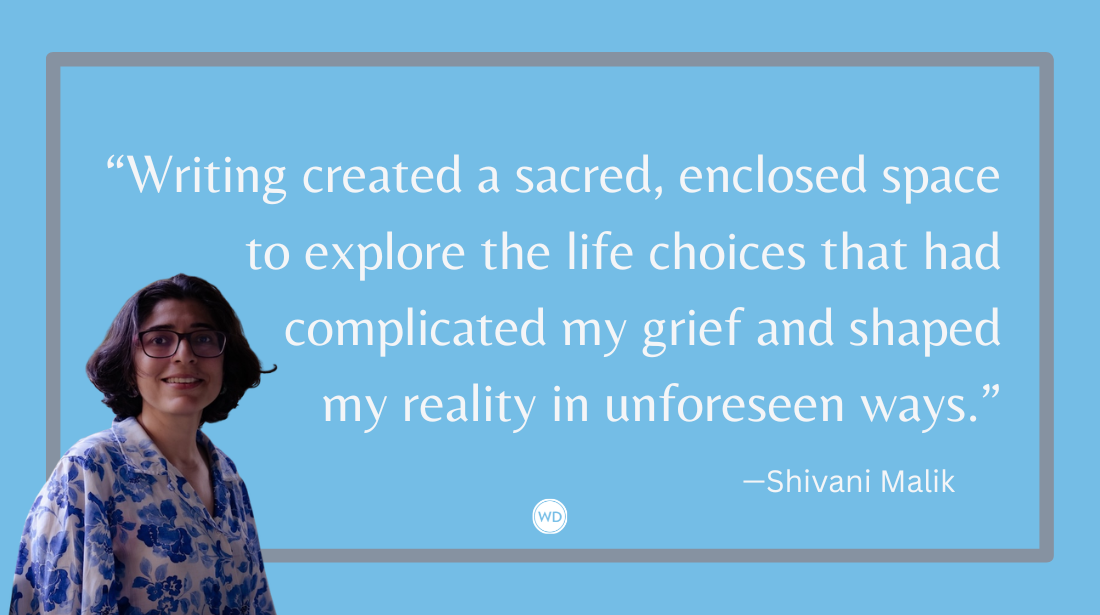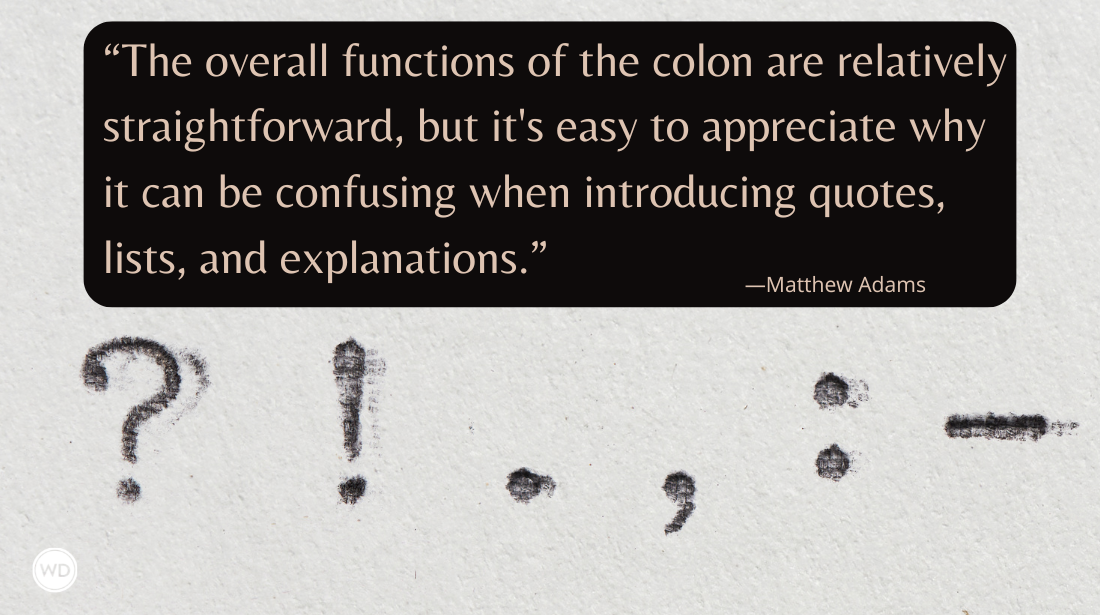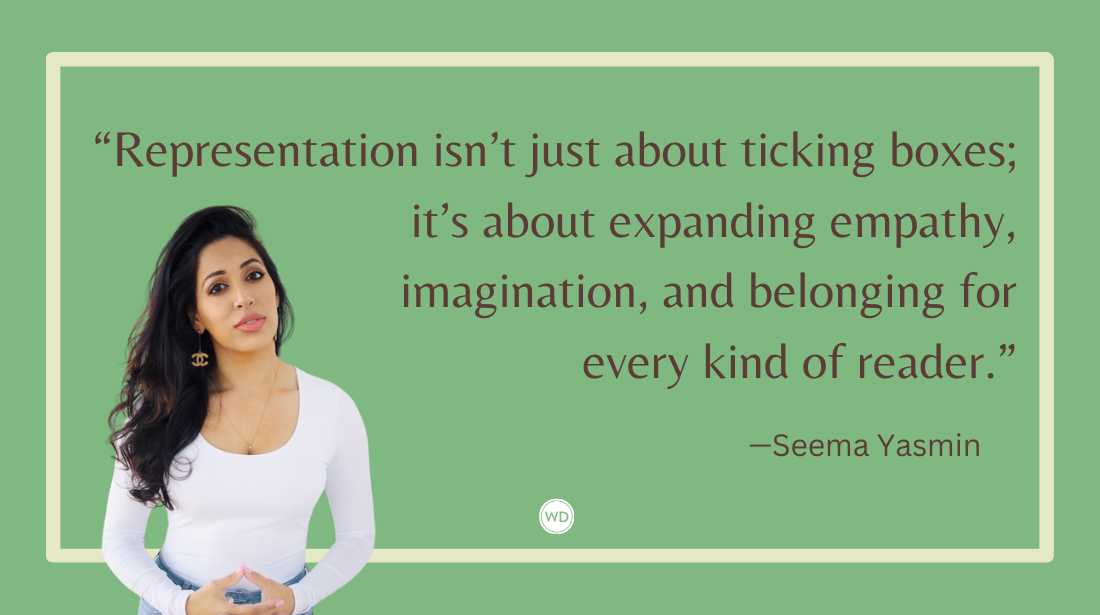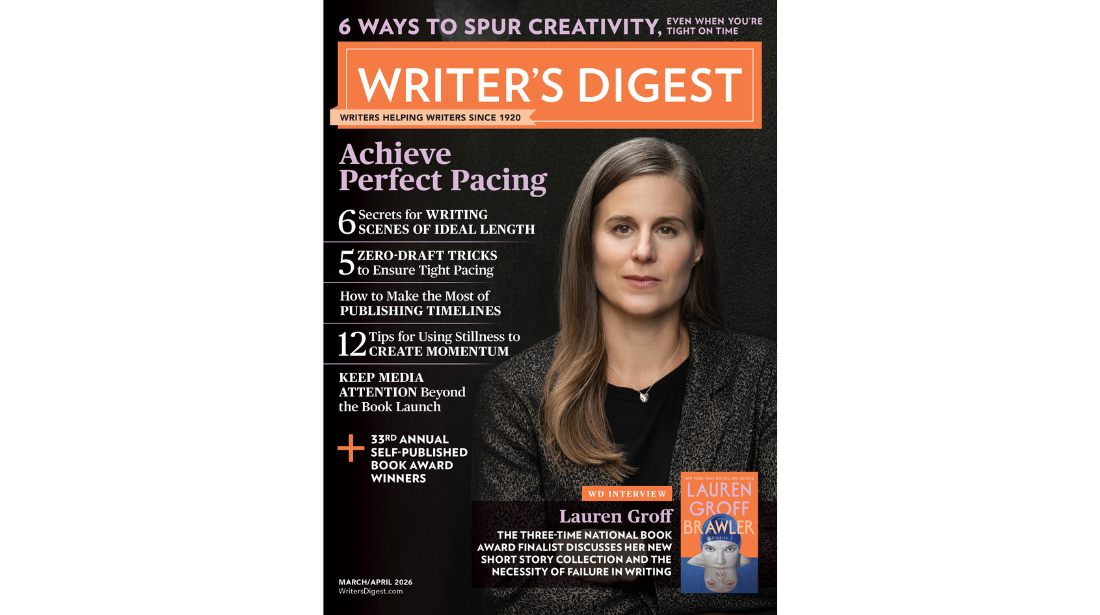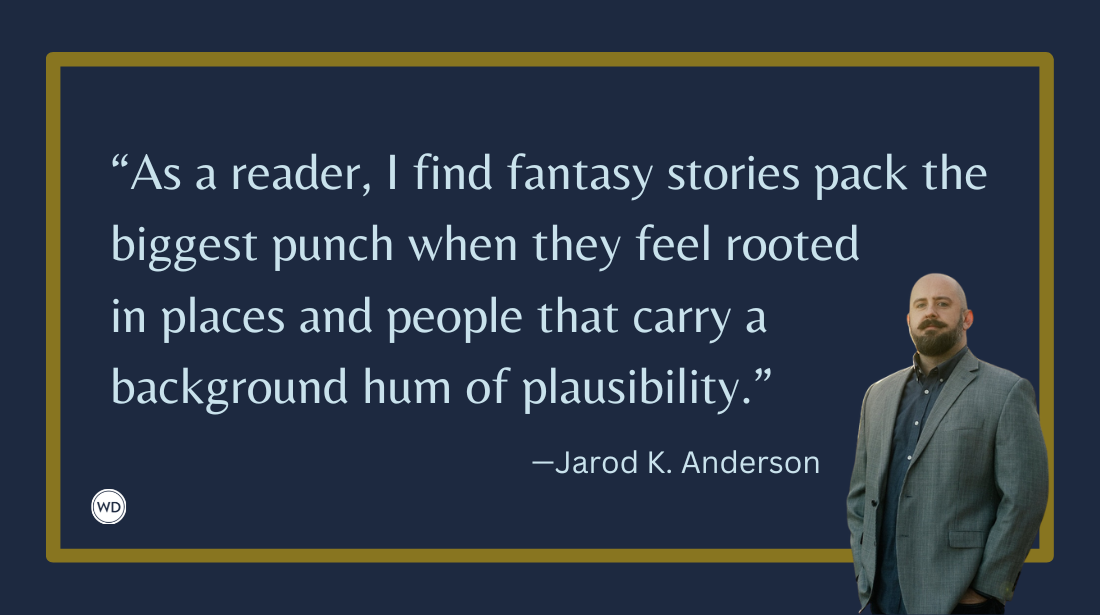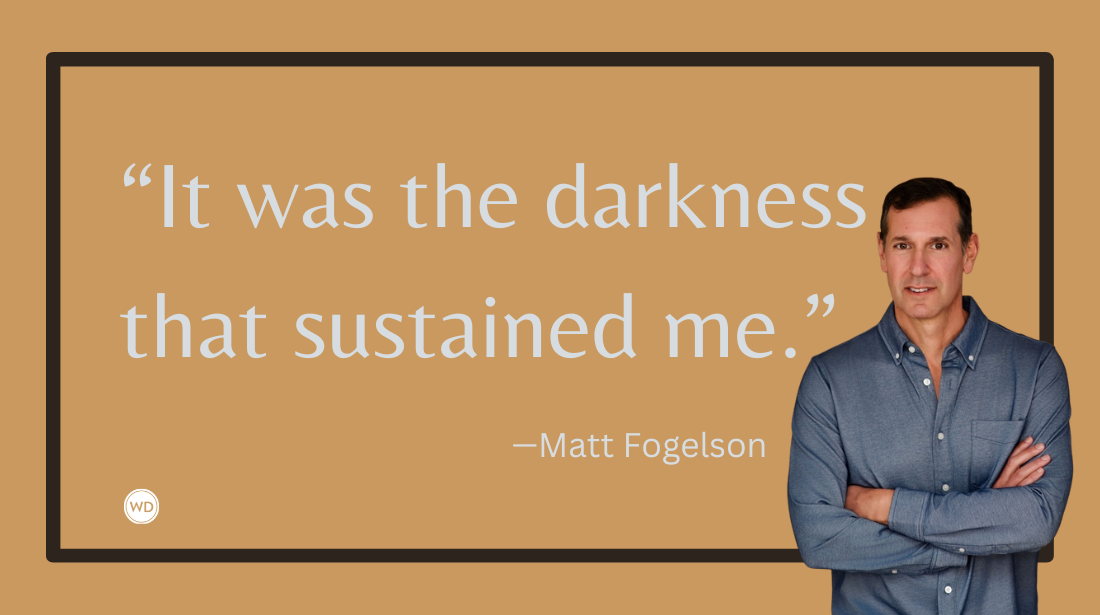Adam Szetela: On Censorship in Publishing
In this interview, author Adam Szetela discusses how thoughts in his Notes app became his new nonfiction book, That Book Is Dangerous!
Adam Szetela has a Ph.D. in English from Cornell University. Among other places, he writes for The Washington Post, The Guardian, and Newsweek. Follow him on X (Twitter).
In this interview, Adam discusses discusses how thoughts in his Notes app became his new nonfiction book, That Book Is Dangerous!, his hope for readers, and more.
Name: Adam Szetela
Book title: That Book Is Dangerous! How Moral Panic, Social Media, and the Culture Wars Are Remaking Publishing
Publisher: MIT Press
Release date: August 12, 2025
Genre/category: Nonfiction/Politics
Elevator pitch: From mandatory sensitivity reads to morality clauses in author contracts, That Book Is Dangerous! is an alarming exposé of the censorship happening behind closed doors in the name of progressive values.
What prompted you to write this book?
Back in 2019, I noticed a rising number of book controversies. From picture books to novels, books were being canceled before publication, retracted after publication, and otherwise censored. In virtually every case, these controversies revolved around progressives targeting other progressives for, allegedly, not being progressive enough.
How long did it take to go from idea to publication? And did the idea change during the process?
It took years to go from thoughts in the Notes app of my phone to a 300-page book I can hold in my hands.
Were there any surprises or learning moments in the publishing process for this title
You would think all authors would love their publishers. After all, publishers are the handmaidens of literary production. The reality falls far short of that ideal. By way of example, I’ve heard laments from authors who have had little to no say over the titles of their own books. In my eyes, that’s like telling a mother that she is not allowed to name her baby. I was surprised by how amicable it has been to work with MIT Press.
Were there any surprises in the writing process for this book?
For me, the surprises during the writing process are the ideas that come out of nowhere. The Hungarian-American psychologist Mihaly Csikszentmihalyi talks about flow. The Greeks talk about muses. When I look at a once-blank page that is now filled with my prose, I’m often left wondering: Where the fuck did that come from?
What do you hope readers will get out of your book?
There are some real problems inside the publishers, agencies, review outlets, MFA programs, and other institutions that function as the de facto gatekeepers of literary culture. I hope my readers leave my book not only with a better understanding of these problems, but the will to fix them.
If you could share one piece of advice with other writers, what would it be?
William Somerset Maugham said, “I write only when inspiration strikes. Fortunately it strikes every morning at nine o'clock sharp.”




